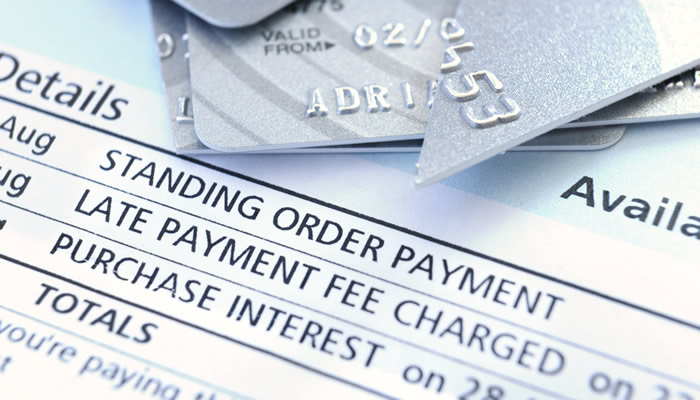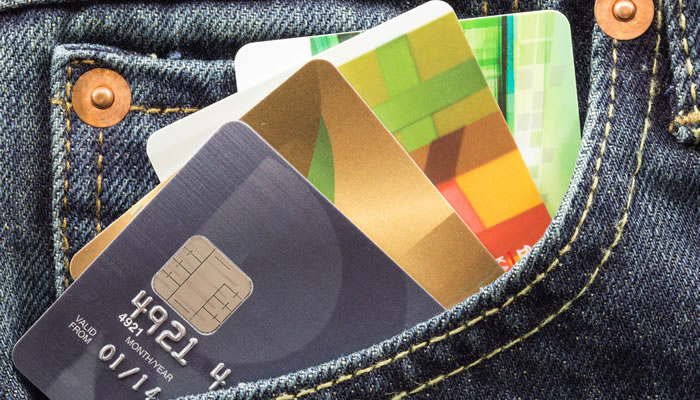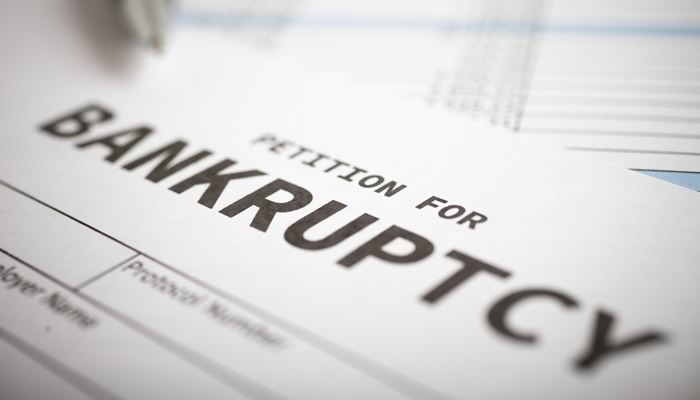How to Contact Your Creditors and Make Special Arrangements
If you’re running into problems with debt, contacting your creditors is a good first step. By taking the initiative, you can help avoid the unpleasantness of bills piling up and the eventual phone calls from collection agencies. Before you contact your creditors, it’s essential that you have a budget and repayment plan in hand. Your creditors are under no obligation to negotiate with you, so it’s up to you to convince them that you’re sincere in your request.

Why Contact My Creditors?
If you’re struggling to pay your bills, making special arrangements with your creditors can help lift the financial burden off your shoulders. You should start by making a list of your creditors. With your list in hand, you can begin contacting them to make special arrangements. Those special arrangements can include:
- Lowering your monthly payments
- Extending the amount of time to repay your debt
- Lowering your interest rate
If you’re not comfortable negotiating on your own behalf, you can always have a debt management program do it for you, but there may be a cost.
Do I Qualify for Special Arrangements?
Anyone running into difficulties with debt can try contacting their creditors, although there’s no guarantee of success. To better your chances it’s a good idea to have a budget and a realistic debt repayment plan in hand. If you decide to go this route, it’s important to contact your creditors as soon as possible before your finances worsen.
This option works best if you’re running into temporary financial difficulties, such as job loss or illness. If you have a history of paying your bills in full on time, you’ll have a far better chance of successfully negotiating than someone who pays their bills late or only pays the minimum balance. If you have a heavy debt load, you should probably consider a consolidation loan, or as a last resort filing for personal bankruptcy or a consumer proposal instead.
It’s important to be aware that not all types of debt qualify for special arrangements. Similar to a consolidation loan, payment arrangements can be made for all types of debt except mortgages. Also, you don’t have to make special arrangements with all your creditors. If one creditor is causing you more grief than others, you can negotiate exclusively with them. Likewise, you can exclude creditors if you so choose.
How Do I Contact Creditors Myself?
If you’re comfortable negotiating on your own behalf, you can pick up the phone and start calling your creditors yourself. You’re in a far better position if you contact your creditor first than if your creditors call you for months of unpaid bills. Unlike debt management programs, it won’t cost you a dime to contact your creditors. Since you know your personal debt situation best, negotiating on your own behalf can make sense.
With your budget in hand you should start contacting your creditors. Make a clear proposal based on your budget. Explain your financial situation; if your financial difficulties are only temporary, be sure to mention that as well. Choose a monthly amount you can realistically afford to repay. If you come to an agreement, be sure to get a written confirmation.
A special arrangement will help you weather a temporary financial crisis, while limiting the impact on your credit score. Be sure to make every effort to meet your repayment terms, as your creditors will be a lot less willing to negotiate if you fail to meet your new arrangement. They may send you to collections, which will have a negative impact on your credit score.
How Do I Contact Creditors Through a Debt Management Program?
Your second option is to contact your creditors through a debt management program. Here’s how it works: a counsellor will speak on your behalf to creditors and make special arrangements regarding outstanding debt. Instead of paying your creditors individually, typically you’ll only make one regular payment to your counsellor. Before choosing a debt management program, it’s important to ask about cost: some programs charge a fee, while others are non-profit. Be sure to request a copy of the fee schedule; you should also ask for a quote from at least three programs before making your decision.
A debt management program may be able to achieve better results, as an experienced counsellor will negotiate on your behalf. However, this type of program does have its downsides: you could find yourself in further debt; although you agree not to incur further debt, there’s nothing stopping you from applying for a new credit card. Furthermore, you could face additional costs, including the program cost and higher interest chargers if your debt is extended over a longer period of time.
For more information, including a list of government services and non-profit organizations, please visit Office of Consumer Affairs: Contacting Your Creditors.




